 In a September 8 article Report: Smaller percentage of nursing home residents died of COVID-19 in Michigan than national average, Crain’s healthcare writer Jay Greene talks with CHRT Founding Executive Director Marianne Udow-Phillips about CHRT’s examination of the state of Michigan’s nursing home hub strategy in response to the COVID-19 crisis.
In a September 8 article Report: Smaller percentage of nursing home residents died of COVID-19 in Michigan than national average, Crain’s healthcare writer Jay Greene talks with CHRT Founding Executive Director Marianne Udow-Phillips about CHRT’s examination of the state of Michigan’s nursing home hub strategy in response to the COVID-19 crisis.
“We collectively believe that the state’s strategy was appropriate when taken during the peak of the surge to establish nursing home hubs and transfer patients from hospitals (when patients) were no longer in need of hospital-level care,” Udow-Phillips tells Crains.
Greene also notes that the CHRT report — funded by the Michigan Health Endowment Fund – was the product of data analysis and numerous interviews with national policy experts, state administrators, and nursing home leaders, along with hospital and clinical leaders to identify best practices.
The article goes on to point out that the CHRT report also focuses on improvements going forward.
“Overall, CHRT issued 50 recommendations for improvement, covering structural, process, access, and operational improvements, to help Michigan and other states prepare long-term care facilities, including nursing homes, for a potential resurgence.”
The report emphasizes the significance of communication and cooperation between nursing facilities, state agencies, and public health officials as well as the necessity of proper staffing, testing, and personal protective equipment. The report also emphasizes the need to prioritize the mental health and social needs of nursing home residents during the pandemic.


 In a New report suggests more changes needed for Michigan’s COVID-19 response in nursing homes, Michigan Radio journalist Will Callan talks with CHRT Founding Executive Director Marianne Udow-Phillips about a
In a New report suggests more changes needed for Michigan’s COVID-19 response in nursing homes, Michigan Radio journalist Will Callan talks with CHRT Founding Executive Director Marianne Udow-Phillips about a 
 In response to the COVID-19 pandemic, the Michigan Department of Health and Human Services (MDHHS) created regional nursing home hubs with the goal of more safely handling COVID-19 patient discharges from hospitals. MDHHS asked CHRT to evaluate the regional nursing home hub approach and to recommend additional strategies to prepare for a potential second wave of COVID-19.
In response to the COVID-19 pandemic, the Michigan Department of Health and Human Services (MDHHS) created regional nursing home hubs with the goal of more safely handling COVID-19 patient discharges from hospitals. MDHHS asked CHRT to evaluate the regional nursing home hub approach and to recommend additional strategies to prepare for a potential second wave of COVID-19.

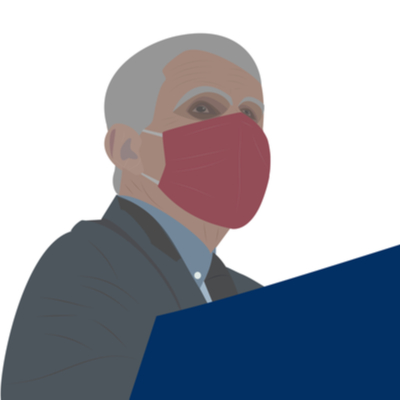
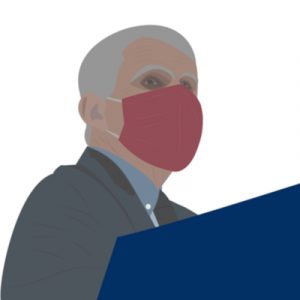 Kate Wells, reporting for Michigan Radio, interviews Marianne Udow-Phillips for a segment on where Michiganders get COVID-19 information and which sources they trust most and least.
Kate Wells, reporting for Michigan Radio, interviews Marianne Udow-Phillips for a segment on where Michiganders get COVID-19 information and which sources they trust most and least.
 “Almost a third of Michigan residents would not be comfortable participating in contact tracing linked to cases of coronavirus, according to a new survey released this week by the University of Michigan,” writes Julie Mack for MLive. Mack is referring to
“Almost a third of Michigan residents would not be comfortable participating in contact tracing linked to cases of coronavirus, according to a new survey released this week by the University of Michigan,” writes Julie Mack for MLive. Mack is referring to 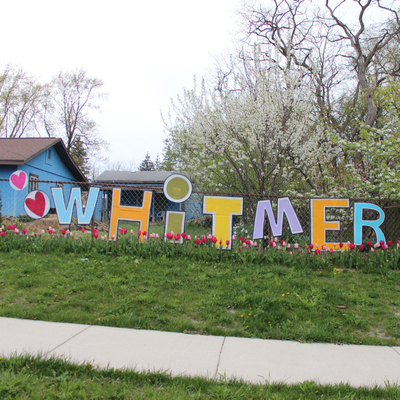
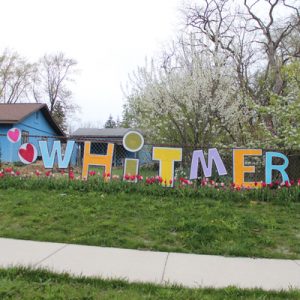 “Dr. Anthony Fauci and Michigan Gov. Gretchen Whitmer are the biggest sources of coronavirus information for Michigan residents and also among the most-trusted sources, according to a new survey released today by University of Michigan,” writes Julie Mack for MLive.
“Dr. Anthony Fauci and Michigan Gov. Gretchen Whitmer are the biggest sources of coronavirus information for Michigan residents and also among the most-trusted sources, according to a new survey released today by University of Michigan,” writes Julie Mack for MLive. 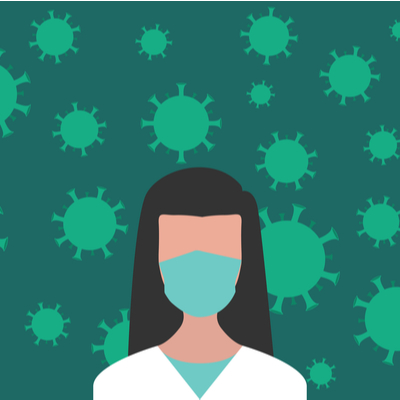
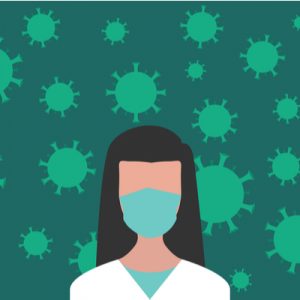 “People trust health care providers, public health officials, and Governor (Gretchen) Whitmer more than many other sources when it comes to communicating important messages about COVID-19,” says Melissa Riba, CHRT’s director of research and evaluation, in a new Crain’s Detroit Business article by senior health care journalist Jay Greene. “But an overwhelming majority (74 percent) of respondents to the survey also said they are worried that Michiganders are less safe because of misinformation being spread about COVID-19,” reports Greene, sharing findings from CHRT’s most recent Cover Michigan Survey.
“People trust health care providers, public health officials, and Governor (Gretchen) Whitmer more than many other sources when it comes to communicating important messages about COVID-19,” says Melissa Riba, CHRT’s director of research and evaluation, in a new Crain’s Detroit Business article by senior health care journalist Jay Greene. “But an overwhelming majority (74 percent) of respondents to the survey also said they are worried that Michiganders are less safe because of misinformation being spread about COVID-19,” reports Greene, sharing findings from CHRT’s most recent Cover Michigan Survey.
 “More than two-thirds of Michiganders in a new survey said they would be willing to participate in COVID-19 contact tracing activities that include sharing personal information, people they came into contact with, or reporting symptoms to state or local health departments,” writes Jay Greene for Crain’s Detroit. “But about half of respondents expressed concerns about the privacy of their personal health information, with 37 percent saying they would not participate in a contact tracing effort because of it.”
“More than two-thirds of Michiganders in a new survey said they would be willing to participate in COVID-19 contact tracing activities that include sharing personal information, people they came into contact with, or reporting symptoms to state or local health departments,” writes Jay Greene for Crain’s Detroit. “But about half of respondents expressed concerns about the privacy of their personal health information, with 37 percent saying they would not participate in a contact tracing effort because of it.” 
 “You’re living during an unprecedented coronavirus pandemic, and you just lost your employer-sponsored health insurance. What do you do?” writes Kristan Obeng in today’s Lansing State Journal. Obeng quotes
“You’re living during an unprecedented coronavirus pandemic, and you just lost your employer-sponsored health insurance. What do you do?” writes Kristan Obeng in today’s Lansing State Journal. Obeng quotes